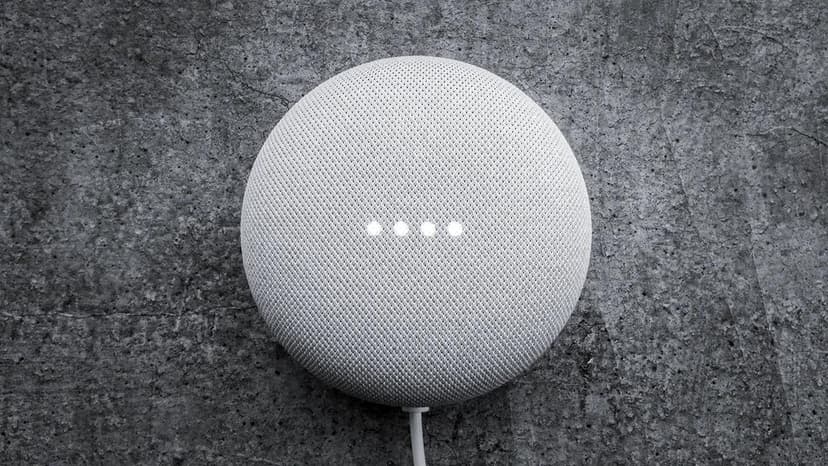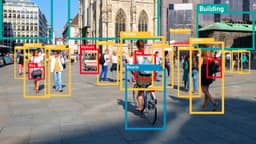Marketing Automation: Streamlining Your Marketing Efforts
Marketing automation is a tool that helps businesses engage with their customers more effectively. It combines AI and machine learning to automate marketing processes, optimize campaigns, and enhance strategies. This article explains what marketing automation is, its benefits, and how it operates.
What is Marketing Automation?
Marketing automation includes software that automates repetitive marketing tasks. This frees up time and resources for marketers to focus on other critical activities. It uses AI and machine learning to process large amounts of data, providing insights that shape marketing strategies. By automating processes, businesses can streamline campaigns, send personalized messages, and measure their efforts.
Key components of marketing automation include:
- Automated Messaging: Send automated messages through email, web, SMS, and more based on predefined workflows.
- Behavioral Tracking: Track customer actions to trigger personalized follow-up messages.
- Lead Nurturing: Deliver targeted content to prospects at various stages of their journey.
- Campaign Performance Measurement: Analyze metrics like open rates and conversion rates to assess campaign effectiveness.
Benefits of Marketing Automation
Implementing marketing automation provides several advantages for businesses:
- Increased Efficiency: It automates repetitive tasks, allowing marketers to focus on strategic activities and improve productivity.
- Personalized Customer Experiences: Businesses can send targeted content based on customer data, enhancing customer satisfaction.
- Improved Lead Management: Nurture leads effectively with personalized content and timely follow-ups to enhance conversion rates.
- Better Campaign Performance Measurement: Access detailed analytics to measure marketing impact and optimize strategies.
How Does Marketing Automation Work?
Marketing automation involves several steps that work together to simplify marketing activities:
- Data Collection: Collect relevant customer data, such as contact information and behavior on websites.
- Segmentation: Divide the audience based on demographics or behavior to deliver targeted messages.
- Workflow Creation: Set up workflows that define automatic actions based on customer behavior.
- Lead Nurturing: Deliver personalized content and automated follow-ups to keep leads engaged.
- Campaign Execution: Automatically execute campaigns based on set workflows.
- Analytics and Reporting: Measure campaign performance through comprehensive analytics to gain insights.
Real-World Examples of Marketing Automation
Here are some examples of marketing automation in action:
- ServiceNow: This company leverages automation software to streamline processes and improve productivity, anticipating strong demand for automation and AI tools.
- Boolky: This SMS marketing platform offers smart automation tools that help businesses create personalized SMS campaigns to enhance customer engagement.
These examples demonstrate the application of marketing automation in various sectors to boost growth and efficiency.
Marketing automation significantly enhances how businesses optimize marketing efforts and engage with customers. By utilizing AI and machine learning, businesses can automate tasks, nurture leads, measure performance, and improve overall efficiency.












